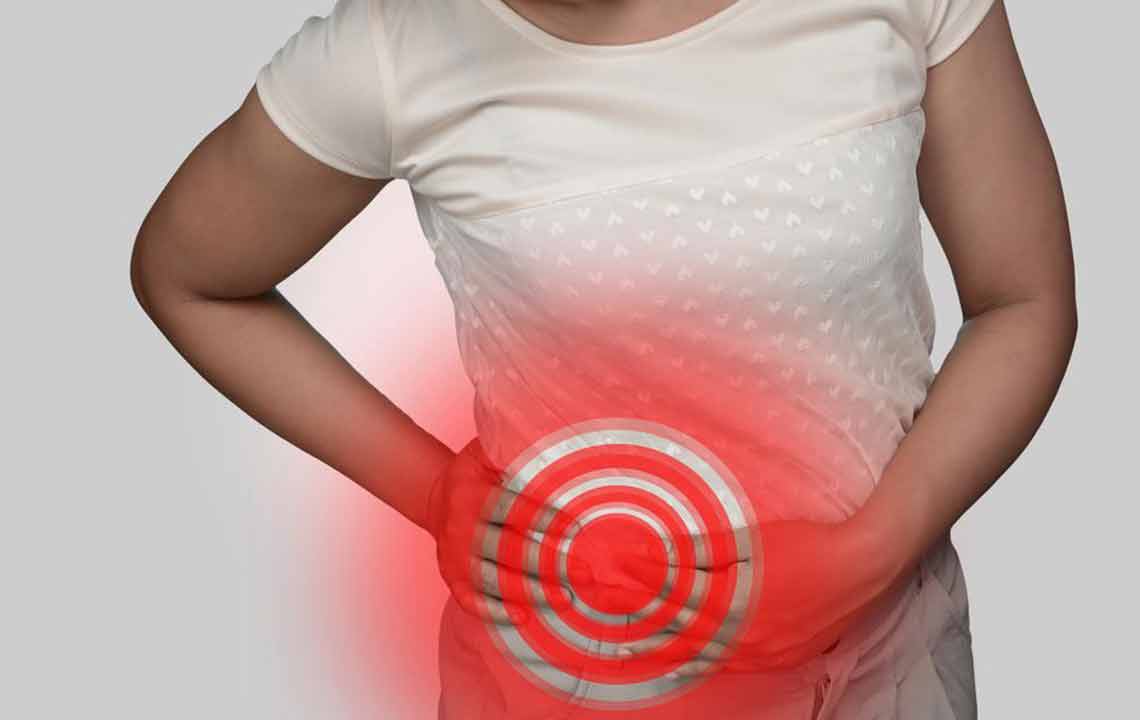Essential Dietary Guidelines for Managing Kidney Disease
This guide highlights essential dietary practices for managing kidney disease, emphasizing foods to avoid and include. Tailored advice from healthcare providers is crucial to protect kidney function and improve overall health. The article covers sodium, protein, phosphorus, and potassium restrictions, along with kidney-friendly food options like apples, strawberries, egg whites, and walnuts. Proper hydration and personalized nutrition plans can slow disease progression and enhance quality of life for those affected by kidney issues.
Sponsored

Key Do's and Don'ts for a Kidney-Friendly Diet
Kidney impairment reduces the efficiency of your organ's filtering capability. Various factors can lead to kidney issues, but dietary choices play a crucial role in managing and potentially slowing progression. Proper nutrition supports kidney health and may also help control associated conditions like hypertension and diabetes.
Developing a tailored kidney-friendly diet plan is vital, especially if you've had a transplant or are on dialysis. Always seek personalized advice from your healthcare provider for optimal results.
Understanding the do's and don'ts of a kidney-conscious diet is key. First, focus on foods to limit or avoid to prevent further damage and support kidney function.
Foods to steer clear of:
Sodium: Reduce salt intake by checking labels on processed foods. Avoid salted snacks like chips, popcorn, and salted nuts. Canned foods often contain high salt levels due to preservatives. Opt for fresh meats and poultry instead of processed options. Consult your doctor before using salt substitutes, as some contain potassium, which may be problematic.
Protein: Too much protein strains weakened kidneys. While some protein is necessary, consult your healthcare provider to determine the appropriate amount. Foods high in protein include dairy, meats, seafood, nuts, and grains.
Phosphorus: Limit dairy, nuts, beans, beer, carbonated drinks, and whole grains to avoid excess phosphorus, which can weaken bones and lead to calcium loss.
Potassium: Foods like bananas, potatoes, tomatoes, watermelon, beans, and yogurt are high in potassium. Your doctor can advise on safe levels based on your blood tests.
Fluid Intake: Your ideal liquid consumption depends on your kidney disease stage. Excess liquid can cause swelling and lung issues. Follow your doctor's guidance for optimal hydration.
Foods to include:
Incorporate fruits, vegetables, lean proteins, nuts, and cereals that are beneficial for kidney health.
Apples: Versatile and nutritious, apples can be eaten raw, cooked, juiced, or made into sauces.
Strawberries: Rich in antioxidants and vitamin C, strawberries can be enjoyed fresh, in smoothies, with cereals, or desserts.
Cherries: Known for reducing inflammation and supporting heart health, cherries can be eaten raw, made into sauces, or added to drinks. Monitor potassium levels with your doctor.
Egg Whites: High in protein yet low in phosphorus, egg whites are excellent for those with kidney issues and can be used in various recipes.
Cabbage: Rich in vitamins and fiber, cabbage is low in potassium and can be added to salads, stir-fries, and side dishes.
Ginger: This root adds flavor and offers health benefits, being rich in magnesium, manganese, and vitamin B6.
Coriander: Use coriander leaves and seeds for seasoning, providing flavor without taxing the kidneys.
Walnuts: Packed with healthy fats, minerals, and vitamins, walnuts support overall health and can be added to various meals and snacks.






